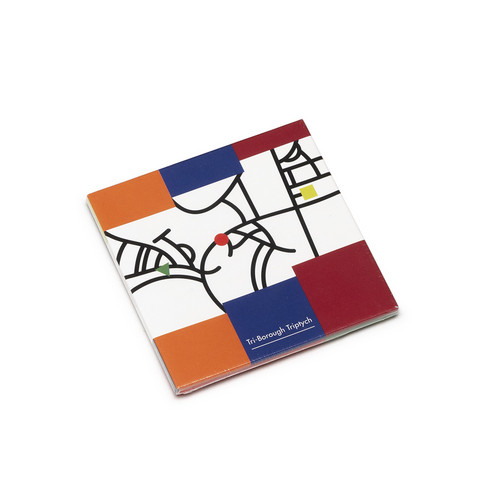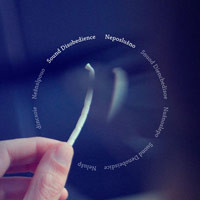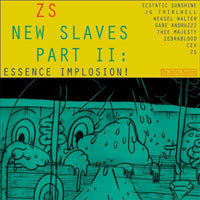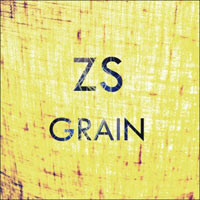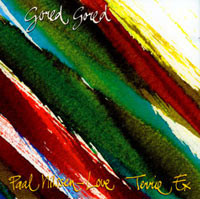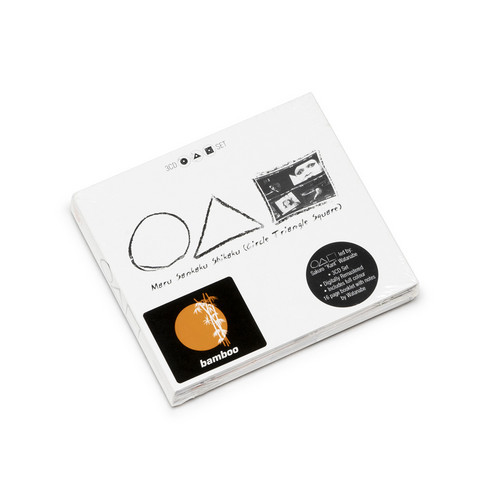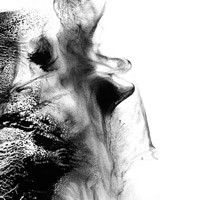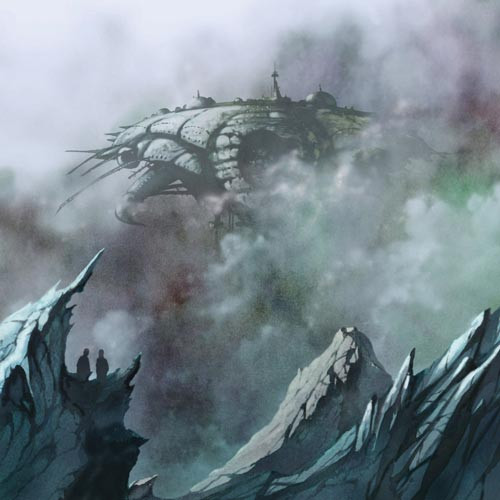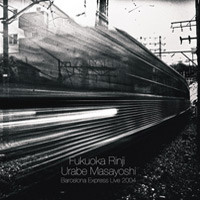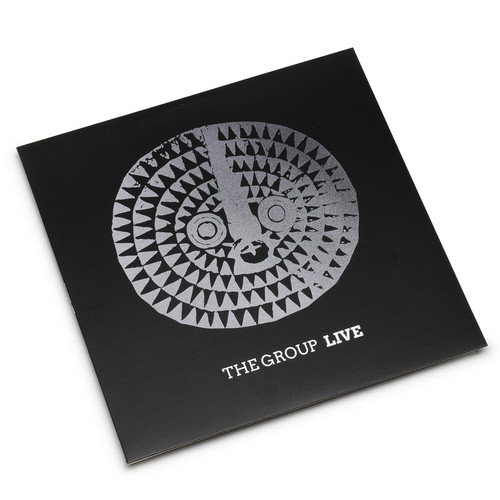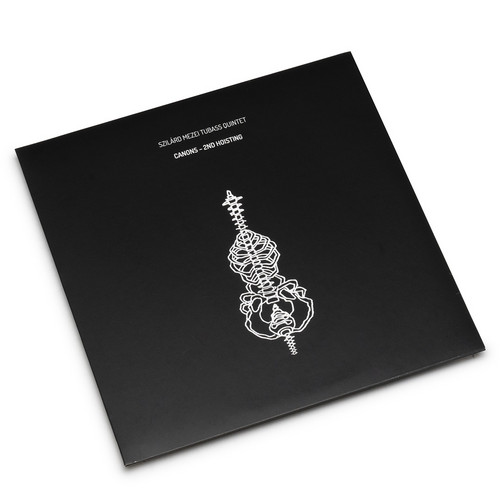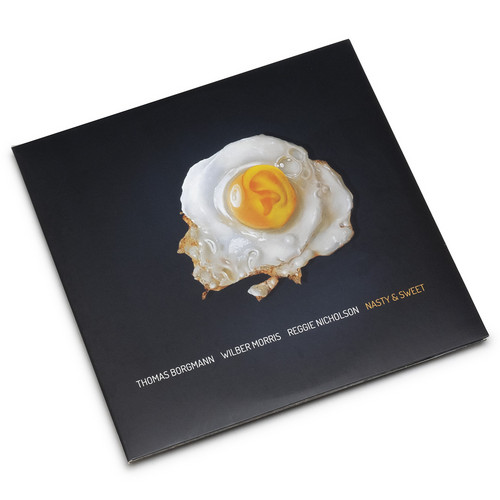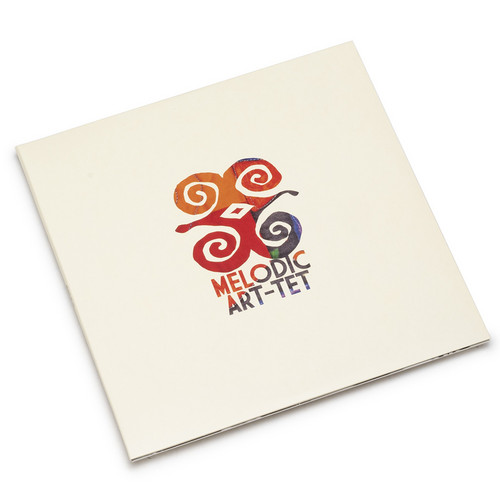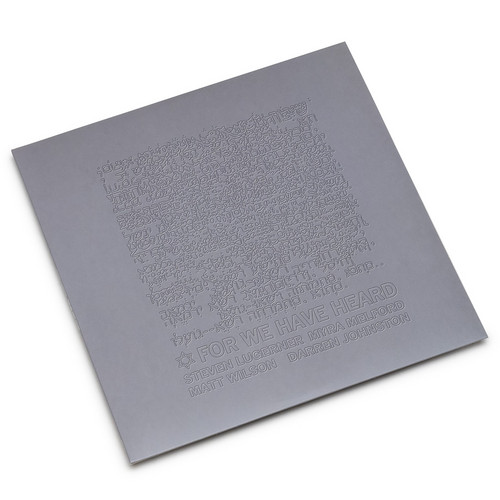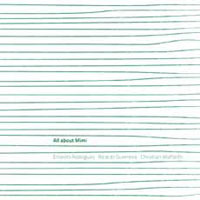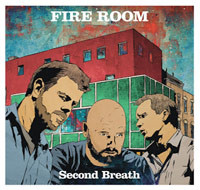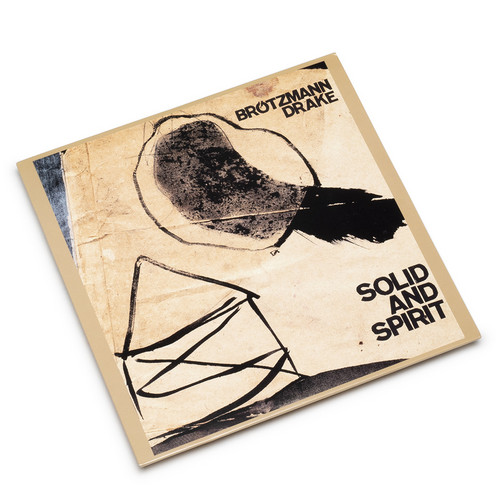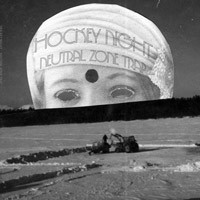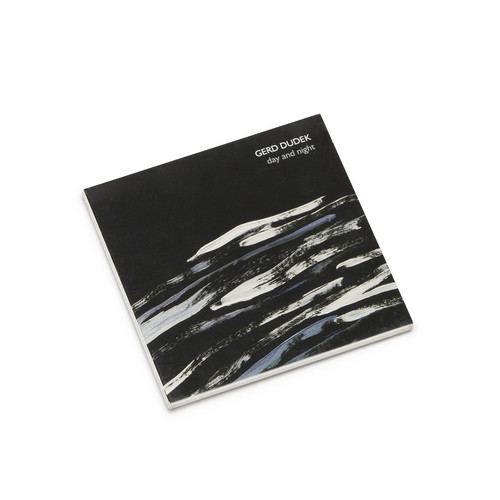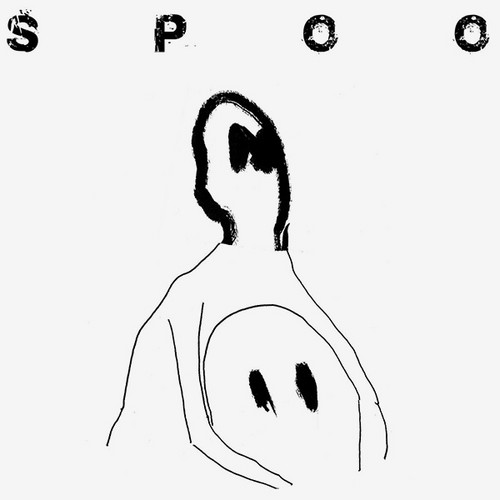Jazz /
Tri-Borough Triptych
Hearing Evan Parker make music with Eddie Prévost, on the first of these three lengthy duets recorded in three different London boroughs, is like watching a pair of tai chi masters sparring. Parker’s tenor and Prévost’s bowed and struck percussion draw buoyancy from each other’s energy as they alternately push and yield. Together they move with feline lightness, agility and balance, even when the music’s mood is stormy and turbulent. The event was Freedom Of The City 2012; the venue, Ceci…
Neposlusno / Sound disobedience
Through several duos, a picture of improvised music in Slovenia. Tao G. Vrhovec Sambolec, computer & Vid Dra ler, drums, percussion. Andrej Fon, bagpipes, clarinet & Ana Kravanja, violin. Matija Schellander, double bass & Toma Grom, double bass. Samo Kutin, hurdy gurdy & Marko Jeni , violin. Andrej Fon, el. guitar, clarinet & iga Pucelj, feedback loops. Vid Dra ler, drums, percussion & Marko Karlov ec, alto saxophone. Vitja Bal alorsky, el. guitar, analog electronics & Bo tjan Simon, alto saxoph…
New Slave Part II: Essence Implosion!
Further to their acclaimed 'New Slaves' LP of spring 2010, Zs offer 'Essence Explosion' backed with new remixes on vinyl from Thee Majesty (Genesis Breyer P-Orridge and Bryin Dall), JG Thirlwell (Foetus) and Cex, plus a download code for mixes by Gabe Andruzzi (The Rapture), Zebrablood (Excepter), Weasel Walter (Flying Luttenbachers), and Ecstatic Sunshine redeemable directly from the label. It's hard not to be wowed by the velocity of their explicit noise skronk on the original version, …
Grain
CD edition "The new Zs lineup (Sam Hillmer, Greg Fox and Patrick Higgins) sounds very much like a new band, at least as evidenced by the Grain EP. The two side-length tracks (coming in at a total of 42-minutes) bear the marks of Zs' sound - repeated phrases, looped or played in situ; buried drones and harsh electronic tones - but it does sound very much like a new band.
There's an extended ambience to the album that trick perceptions of time. Glitches and waves that last only a minute or th…
Gored Gored
Terrie of The Ex collaborated with numerous people over the years to get inspiration from and absorbing all elements of all music, but continuing to being raw and unpolished. In meetings with the Norwegian hard-hitting avant-garde drummer, Paal Nilssen-Love, two souls of similar attitude meet, although from very different background. Being a jazz drummer, Nilssen-Love holds his sticks well in the improvised area of music, much more than the average jazz musicians do today.
This CD is hard …
Maru Sankaku Shikaku - Circle Triangle Square
Reissue of this Japanese early '70s performance group. The group's name is literally the icons for a "circle," "triangle" and "square," with "Maru Sankaku Shikaku" substituting as a translation for those images. Circle Triangle Square were a painted bunch of commune rockers and percussion tribe second to none, whose random bells, flute and remedial tea-tray flailings were still more like the Godz or Nihilist Spasm Band than the deep theta-space obliterations of Taj Mahal Travellers. Led by futur…
Mirrors & tides
Eyes closed, ears wide open, we are given freedom to dream the void. Sweeping, intricate, sometimes ominous yet always exuding a warmth and depth of emotion, The Stargazer's Assistant produces pure cinema of sound. For the new EP, David J. Smith (Guapo) is joined by Circle vocalist Mika Rttö', who sings on the heart-breaking 'Coral Butterfly'. David also had the honour of playing the late Finnish jazz drummer Edward Vesala's Sound & Fury collection of unique metal percussion. Ancient fore…
Lammergyer
The Lammergyer. A spaceship created by a race thousands of generations dead. With a stardrive so shitfire lethal that just to enter an inhabited system was to trigger a fatal ecological cataclysm. Lammergyer. To say it was to hear the slamming of sarcophagus lids in hell. The anti-genesis. The world killer. –Kicking the Monolithic Habit, Heavy Metal, Vol. 19-1Burning Tree consists of Dag Erik Knedal Andersen on drums and Dag Stiberg on sax. The duo have created a harsh free jazz record inspired…
Barcelona Express
Stunning work of radical free music by saxophonist Masayoshi Urabe and guitarist Rinji Fukuoka (Overhang Party / Majutsu no Niwa). Recorded in 2004 in various locations (France, Spain, Switzerland and Japan), this album brings together elements of free jazz, rock, noise and even folk music, in a way that is magically spontaneous, iconoclastic and full of grace in every single sound produced. Pretty much uncomparable to any of the music 'out there' nowadays, these are wild cuts by two wild …
Live
A previously unreleased concert recording from 1986 of a group of leading out jazz artists (Billy Bang, Fred Hopkins, Andrew Cyrille, &c.). Part of the magic of jazz in New York City is groups of musicians coming together for brief engagements and then moving off into other groups and configurations, leaving fond memories but little recorded evidence of their existence. The Group was a very talented amalgam of musicians, veterans of the free jazz and loft scenes: Ahmed Abdullah on trumpet and fl…
Canons - 2nd Hoisting
Four extended compositions from the Tubass Quintet led by Szilard Mezei (performing on double bass instead of his usual viola) performing with a heavy group of 4 double bassists and tuba. An unusual configuration playing unusually named tracks (HEP 15, HEP 16, HEP 17 B, HEP 58/2), but clearly playing a unique rendering of jazz, swinging music from the lower end of the spectrum, with an open and accessible nature.
Nasty & Sweet
Very limited 2 LP release of the trio of Thomas Borgmann (reeds), Wilber Morris (bass) and Reggie Nicholson (drums) performing live at the Tampere Jazz Festival in 1999, plus one track from St. Ingbert in 1998.
Melodic Art-Tet
Killer! Limited edition of 400 records. Recorded on 15th October, 1974 at WKCR, from the quintet of Charles Brackeen (flute & sax), Ahmed Abdullah (trumpet), William Parker (bass), Roger Blank (drums) and Tony Waters (percussion), beautifully recorded and essential free improvisation. "The dominant influences at this time were John Coltrane and Albert Ayler (both of whom had passed away relatively recently); and Ornette Coleman (who had not yet gone Harmolodic). Although some musicians had sough…
For We Have Heard
"As a band leader, Lugerner has released multiple albums to critical acclaim - Narratives (2010) These Are The Words (2010) & Live at The Bunker (2012). His compositions have been described as "a textured, nearly seamless blend of composition and improvisation" by Francis Davis of The Village Voice - while the New York Times calls him "an impeccably trained multi-reedist, with an emphasis on 'multi' - he plays clarinet, bass clarinet, oboe, English horn and flutes, along with saxophones...…
All about Mimi
Ernesto Rodrigues, viola. Ricardo Guerreiro, computer. Christian Wolfarth, cymbals. Recorded 2012 in Lisbon.
Second Breath
CD. Ken Vandermark, tenor sax, Paal Nilssen-Love, drums, Lasse Marhaug, electronics. Recorded live November 23rd 2011 at the Vortex, London UK by Mick Ritchie. Mixed by Lasse Marhaug. Produced by Fire Room. Artwork by Naiel Ibarrola.
Solid And Spirit
2022 restock, last copies. Recorded on April 18, 2010 at Clemente Velez Center, New York City. German free jazz saxophonist and clarinetist Peter Brötzmann: alto and tenor sax, B-flat clarinet, tarogato. American jazz drummer/percussionist, Hamid Drake: drums and percussion.
Multi-reedist Peter Brotzmann and drummer/percussionist Hamid Drake met in the studio in New York City, April 2010, to record this double album of fiercely intense and beautiful improvised music. Consisting of 6 improvisati…
Neutral Zone Trap
Hockey Night was born accidentally at the Colour Out Of Space Festival in Brighton in 2008. It's a free jazzy brainchild of four Finnish musicians: Arttu Partinen, Jaakko Tolvi, Jonna Karanka and Sami Pekkola.Recorded live at Lal Lal Lal Festival 2012 by Élg and Jussi Ahonen.Mixed by Élg, mastered by Pentti Dassum, covers by Jonna.
Day and night
Saxophonist Gerd Dudek's 2012 concert in London at the Vortex in a quartet with Hans Koller (piano), Oli Hayhurst (bass) and Gene Calderazzo (drums), with Dudek and Koller picking some of their favorite jazz tunes including works by Nichols, Shorter, Coleman, Wheeler, &c. Gerd Dudek (soprano & tenor saxophones), Hans Koller (piano), Oli Hayhurst (double bass), Gene Calderazzo (drums). Gerd Dudek came to London early in 2012 to give a concert at the Vortex. The next day the quartet went to…
Spoo
Released 10 March 2013. The album combines the inspired play of Eric Vagnon (saxophone) with a solid rhythm layer driven by the double bassist Eric Brochard and legendary drummer Nicolas Lelièvre. So good...
